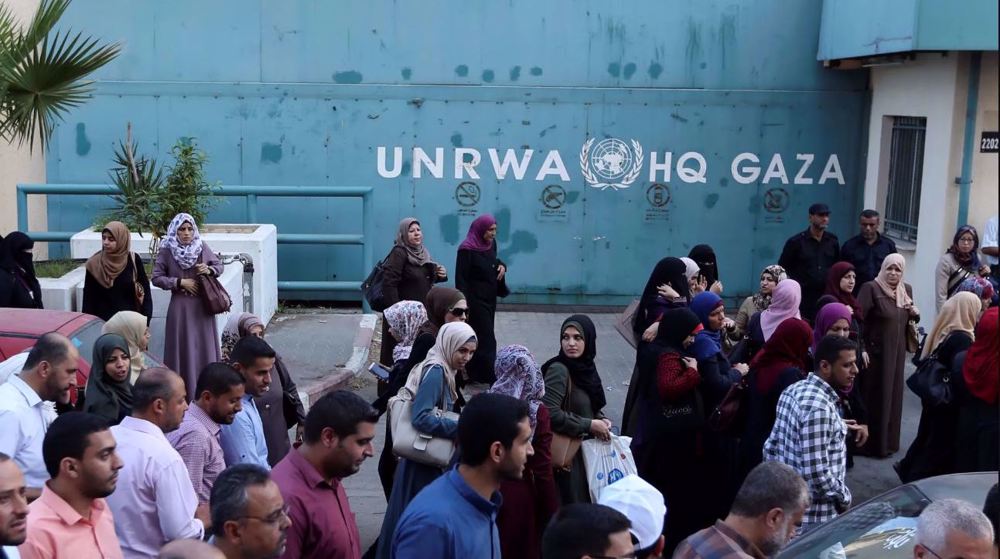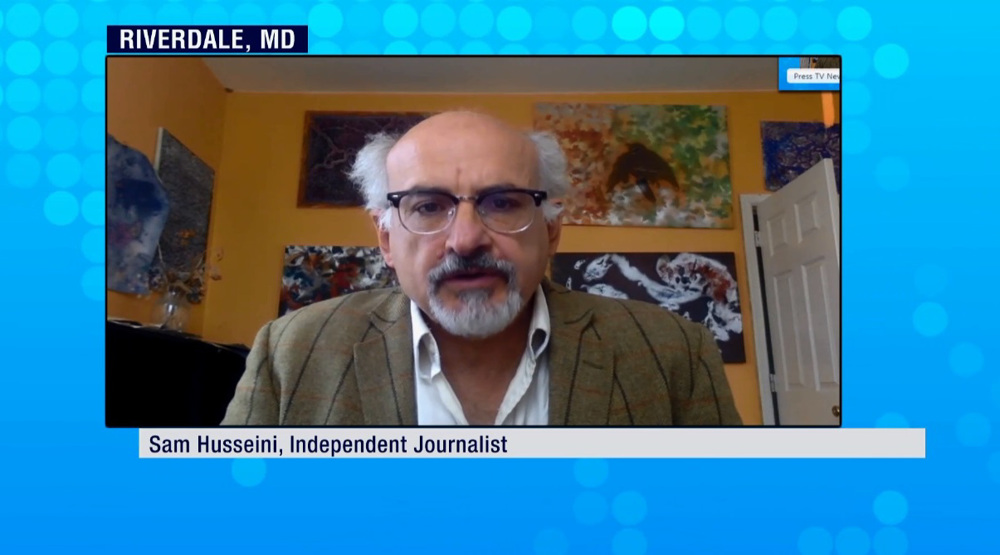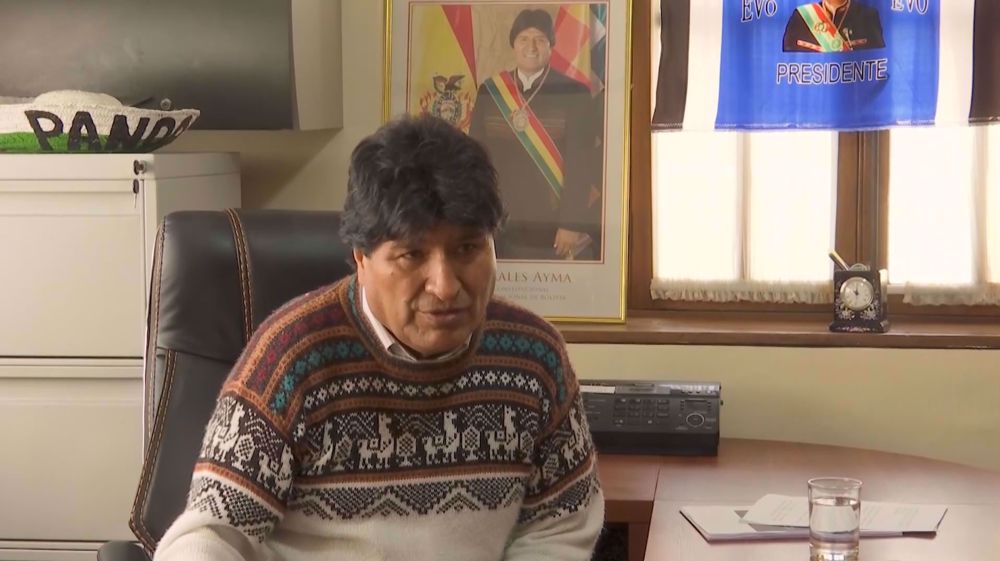Saudi front trying to delay Syria peace talks: Analyst
Press TV has conducted an interview with Derek Ford, a scholar and professor, about recent developments regarding peace talks for Syria.
The following is a rough transcription of the interview.
Press TV: First of all, what do you make of the preconditions set by the Saudi-backed High Negotiations Committee for joining the peace talks?
Ford: I think that it should be interpreted as ultimately a gesture of bad faith and a way to delay the peace talks, because the Russian intervention in Syria at the request of the Syrian government beginning September 30 of last year has really irreversibly changed the dynamics of the conflict in Syria.
And I think that, ultimately, the strategy of the Syrian government in alliance with the Russian government and with Iran has been to win enough territory back and gain the military upper hand in order to be able to implement political solution, because ultimately that’s what is required.
However, that is of course directly at odds with the agenda of Saudi Arabia, which is to prolong the crisis, which is still to overthrow the government of Syria. And where the United States falls on that spectrum has wavered quite a bit over the last several years and continues to waver. It’s looking increasingly likely that the United States will accept that Syria cannot be given over wholesale to terrorist forces like the [so-called] Army of Islam.
Press TV: Mr. Ford, it’s been pretty much well-documented that the Russian airstrikes are targeting Daesh-held areas and Daesh terrorists. My question is why is the High Negotiations Committee focusing on the halting of Russian airstrikes when the United States is also at the head of a so-called coalition battling Daesh – in its own words – battling Daesh in Syria as well? Why do they want the Russian airstrikes to stop and not the US airstrikes to stop?
Ford: Yes, that’s the good question and ultimately I think that, you know, it’s important to understand that all the opposition in Syria are either Daesh forces, they’re al-Qaeda forces, with the al-Nusra Front, they’re the Army of Islam; there is no secular opposition, there is no progressive opposition. And so, the airstrikes against Daesh are airstrikes against the Syrian opposition.
Of course, the United States has been careful to not interfere too much with the relations that Turkey has with ISIL, with Daesh forces in the region. And so, to demand that there be a stop to Russian airstrikes is basically to demand that there be an end to the most effective campaign against Daesh forces in Syria.
Press TV: The United Nations Special Envoy to Syria, Mr. Staffan de Mistura, has accused Saudi Arabia of deliberately trying to undermine efforts for reaching a political solution. He has also said that Riyadh is complicating his efforts by trying to control which opposition groups are allowed to participate in the talks. This is pretty much along the lines of what you said of the Saudis having or expressing bad faith when it comes to trying to find a political solution to the crisis in Syria. Can you elaborate on that for us?
Ford: Yeah, so ultimately what’s happening is that Saudi Arabia, which funds the Army of Islam, which has at least a sort of implicit agreement with ISIL, wants to be able to hand-pick what “opposition forces” are at the negotiating table.
Of course Russia, Syria and Iran with quite good reason have reservations about that because you have... Not only is the Army of Islam a terrorist group, but Saudi Arabia wants to have at least three members that are affiliated with al-Qaeda on the negotiating team, which obviously is quite outrageous.
And then, Russia, in response, has requested that there be representatives of the Kurdish opposition on the opposition negotiation team. And this is an effort to introduce some moderate forces onto the opposition. And of course Saudi Arabia and Turkey are not happy with that.
And, so I think that basically it’s a struggle over who will control the composition of the opposition group, and will it be entirely Takfiri groups who are represented.
VIDEO | Confusion of Netanyahu
Nuclear chief: 130 IAEA inspectors are authorized to work in Iran
Britain: Israeli settlements in West Bank hinder Palestinian statehood
US Senate approves ban on Russian uranium imports
Yemen says its weapons stockpile 'unimaginable' as more European warships depart Red Sea
VIDEO | Press TV's news headlines
VIDEO | NYC police storm Columbia University as violent clashes erupt at California University
Israel using thermal weapons that melt, evaporate victims’ bodies: Rights group













 This makes it easy to access the Press TV website
This makes it easy to access the Press TV website